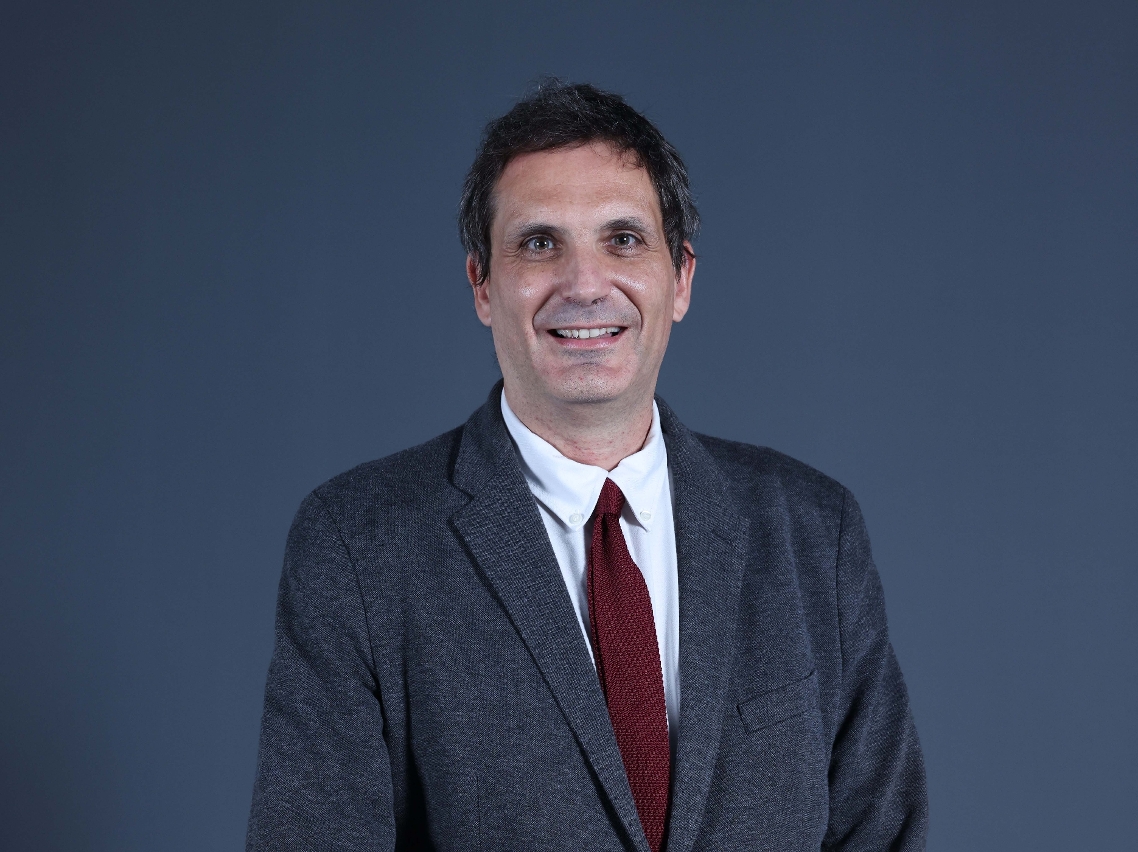 João Veloso
João Veloso
The University of Macau (UM) has appointed João Veloso, a renowned Portuguese linguist, as head of the Department of Portuguese of the Faculty of Arts and Humanities. Prof Veloso was a pro-rector of the University of Porto, one of the three major universities in Portugal, and has served as president or director of different academic associations for linguists and teachers in Portugal, with extensive experience in teaching, research, management, and knowledge transfer. According to him, he will take advantage of the unique strengths of the Department of Portuguese to develop new strategies for teaching and research to train more bilingual professionals in Chinese and Portuguese.
Prof Veloso believes that UM will be able to train more Portuguese professionals for the world considering the high quality of the faculty team and the size of the Department of Portuguese: ‘There are approximately 800 students learning Portuguese and 40 professors teaching Portuguese at UM. I believe that there is no other school in the world that specialises in the teaching of Portuguese with such a large number of teachers and students. This makes me even more confident that with such a wealth of resources, the university will be able to train more Portuguese professionals for the world and to promote the Portuguese language.’
As UM has signed exchange agreements with a number of Portuguese and Brazilian universities, including the University of Lisbon, the University of Coimbra, and the University of Sao Paulo in Brazil, Prof Veloso thinks that students today are living in a great time: ‘Students in the Department of Portuguese generally study overseas in their third year of undergraduate studies. These overseas exchange programmes, internship programmes, as well as exchange programmes with universities in mainland China can further deepen their knowledge of Portuguese and enhance their research skills. UM also provides a wealth of resources for students to learn different languages and cultures and a lot of room for them to showcase their talents.’
Prof Veloso looks forward to working with his colleagues in the department to use the existing infrastructure to teach Portuguese through literature, film, and other activities with the goal of improving the language skills of students. He also hopes to further advance the teaching of the language and the cultures of Portuguese-speaking countries at undergraduate, master's, and doctoral levels and promote academic activities related to Portuguese teaching and research, so as to nurture professionals who are interested in working in cross-cultural exchange to serve as a bridge of communication between China and Portuguese-speaking countries.
The main research area of Prof Veloso is phonology. He taught at the University of Porto for 29 years and once served as pro-rector of the university. In this position, he was responsible for the promotion of the Portuguese language, teaching innovation, educational technology, as well as the local delegation of the Confucius Institute. Since the 1990s, he has authored or co-authored around 100 publications, most of which are related to the field of Portuguese phonetics and phonology. He has also conducted long-term collaborative research with different Portuguese universities and has been invited for many years to conduct workshops for students of Portuguese linguistics and of Portuguese as a foreign language at different universities and learning centres. In addition, he has been president or fellow of different academic associations for teachers and researchers in Portugal and has helped to develop national guidelines for the training of oral expression and communication in elementary and secondary education in the country.


